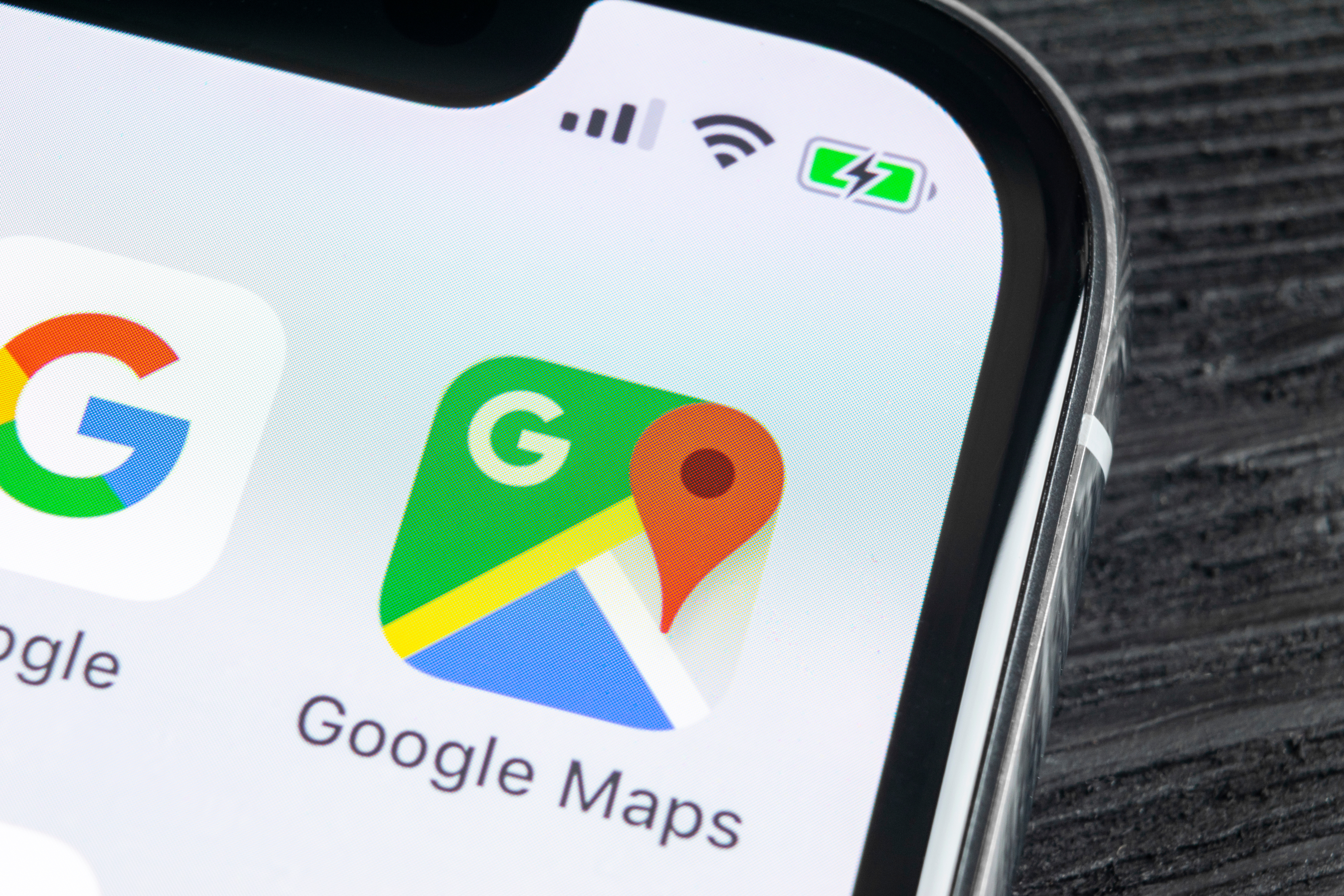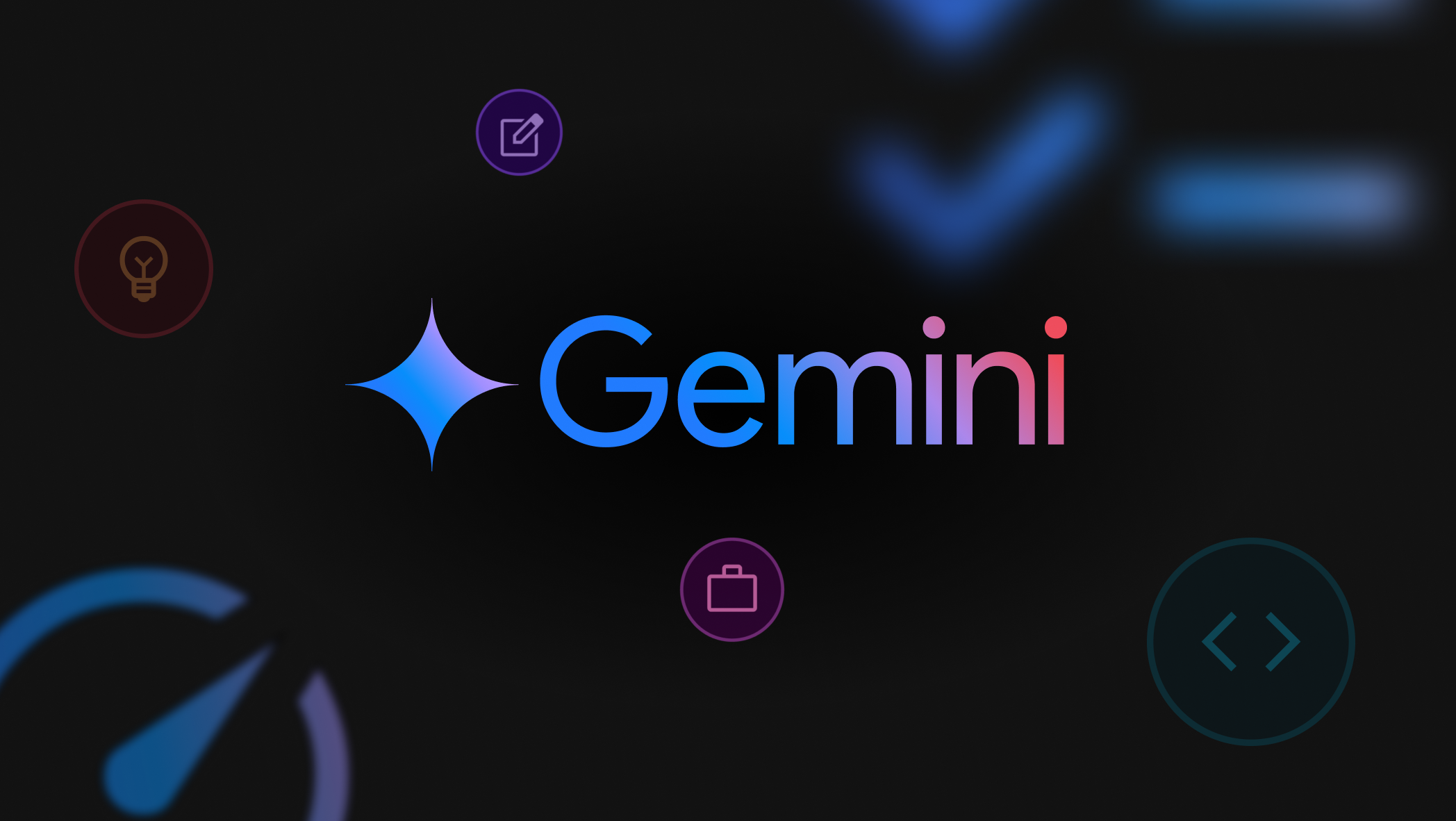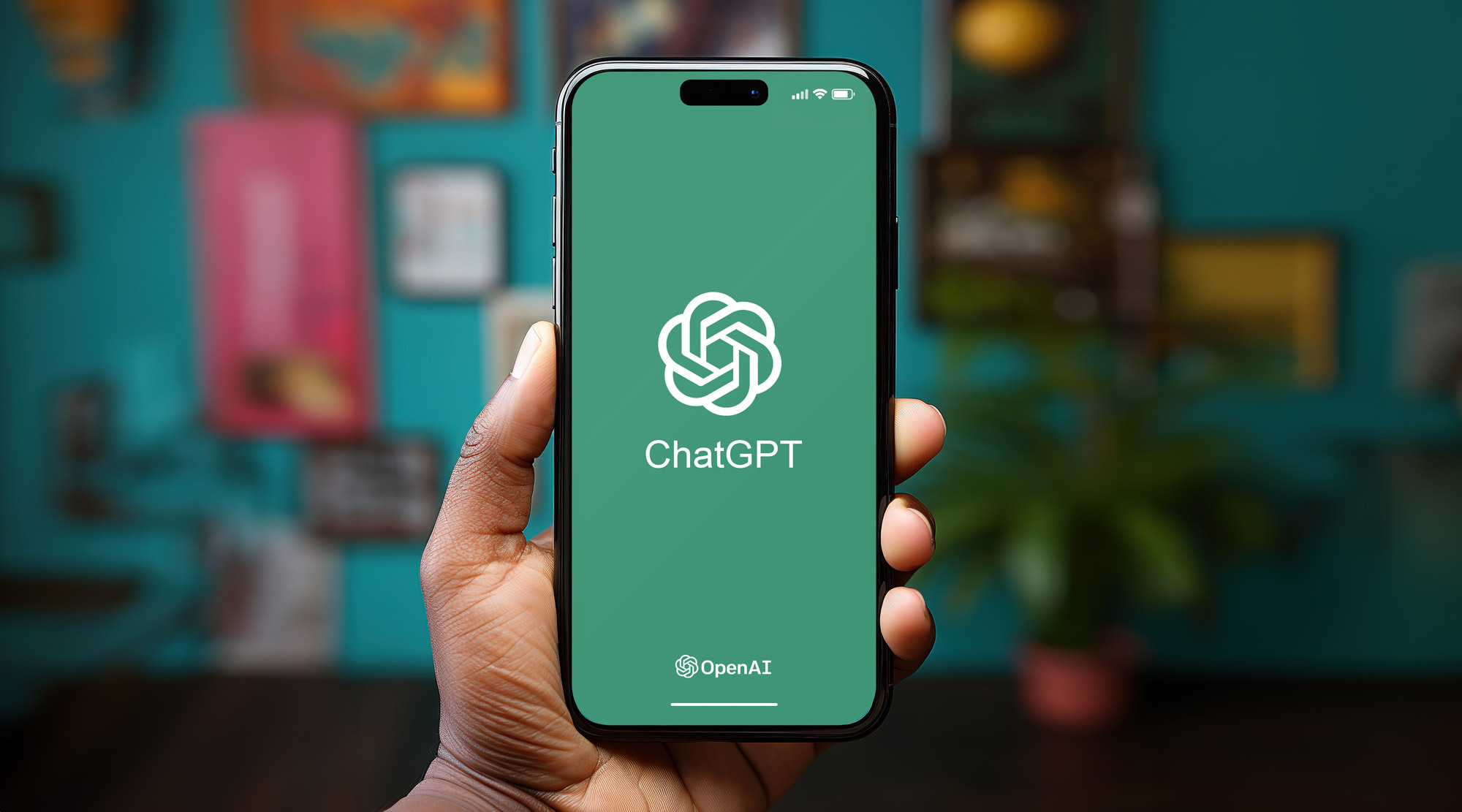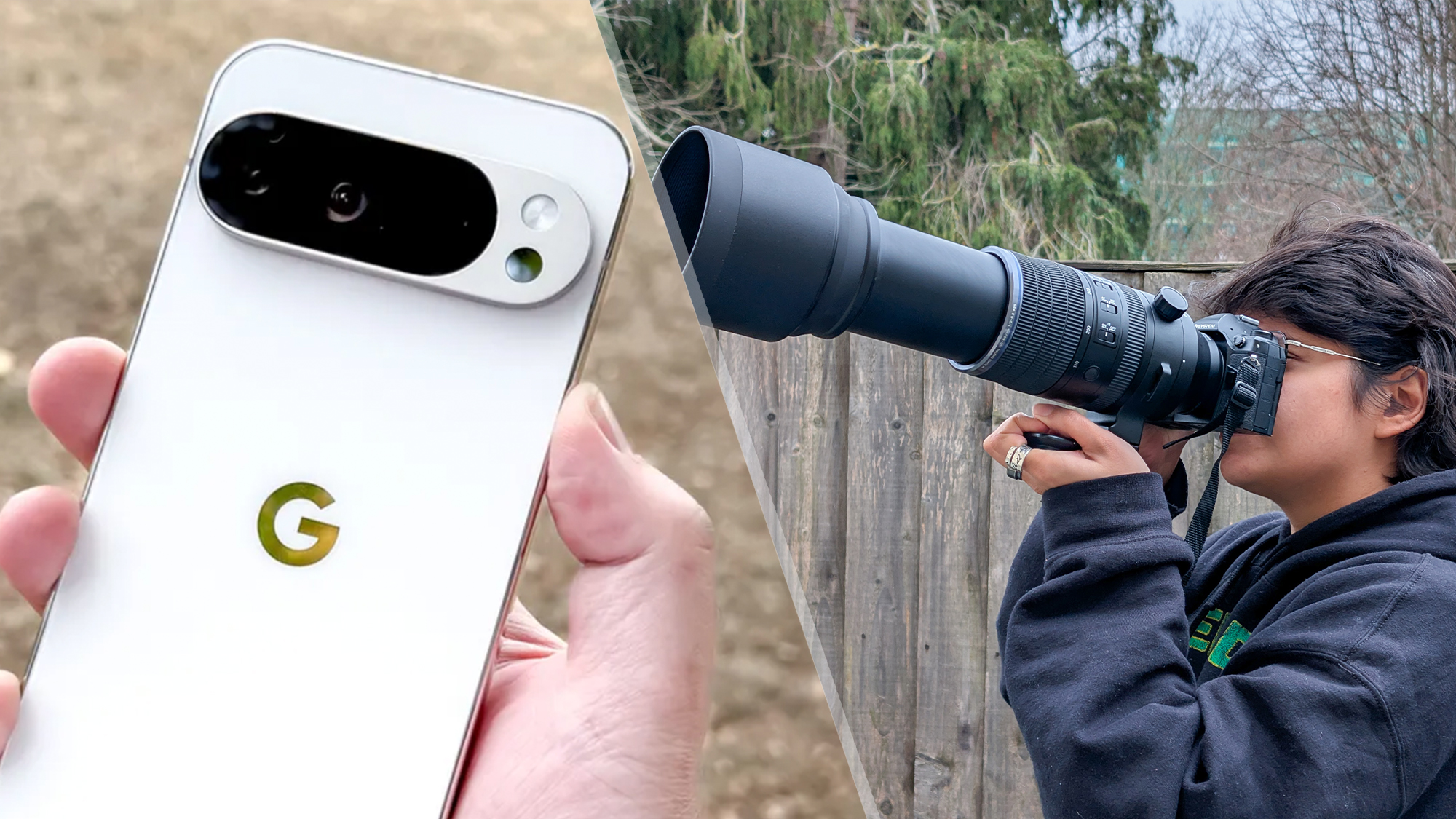Google Maps just became an AI developer's dream toy — here's what the new changes could mean for you
AI is coming for Google Maps in a big way

Here at Tom’s Guide our expert editors are committed to bringing you the best news, reviews and guides to help you stay informed and ahead of the curve!
You are now subscribed
Your newsletter sign-up was successful
Want to add more newsletters?

Daily (Mon-Sun)
Tom's Guide Daily
Sign up to get the latest updates on all of your favorite content! From cutting-edge tech news and the hottest streaming buzz to unbeatable deals on the best products and in-depth reviews, we’ve got you covered.

Weekly on Thursday
Tom's AI Guide
Be AI savvy with your weekly newsletter summing up all the biggest AI news you need to know. Plus, analysis from our AI editor and tips on how to use the latest AI tools!

Weekly on Friday
Tom's iGuide
Unlock the vast world of Apple news straight to your inbox. With coverage on everything from exciting product launches to essential software updates, this is your go-to source for the latest updates on all the best Apple content.

Weekly on Monday
Tom's Streaming Guide
Our weekly newsletter is expertly crafted to immerse you in the world of streaming. Stay updated on the latest releases and our top recommendations across your favorite streaming platforms.
Join the club
Get full access to premium articles, exclusive features and a growing list of member rewards.
Google Maps is rolling out a new feature, specifically for developers, which could see a rise in map-based AI apps and tools.
This update will allow developers (and anyone with some coding experience) to develop interactive map-based prototypes. This would all be done via prompt-based descriptions and could have a variety of use cases.
For example, you could ask for a map that visualizes real-time weather events in your hometown, or create a GeoGuessr-style game using clips from Google Maps.
Currently, this feature will generate code, but you will have to upload it separately. It is likely that this capability will later become available within Google Maps or Gemini (the AI tool powering this technology).

Google has been making a move to make its Maps data more accessible to developers for some time. Back in early October, Google announced that it would be providing the ability for developers to use Google Maps to ground their apps in up-to-date geospatial data.
In other words, developers can connect their apps to Google’s map data, including restaurant reviews, road layouts, directions, and more.
According to TechCrunch, Google has since announced a feature called Grounding Lite, allowing AI models to connect to Google Maps data and use it within their models.
Get instant access to breaking news, the hottest reviews, great deals and helpful tips.
For example, being able to ask ChatGPT, Gemini, or a similar model where the nearest shop is, or how long it would take to get to a hospital. More importantly, this could allow for Google Maps integration in AI models.
By doing this, users would be able to prompt AI models on questions like “show me the best bakeries near me” and receive an interactive Google Map as a response.
What does this mean for you?

These features being rolled out are targeted at developers, looking to develop map-based AI products or to integrate Google Maps into existing chatbots.
Currently, that doesn’t mean anything interesting for the average person. However, it opens the doors for more integration of maps into everything we do. It could mean more interesting map-based apps.
More importantly, we could soon start to finally see Google Maps built into AI chatbots. This could open up a huge new world of functionality, especially with the movement of AI agents and browsers, allowing for more actions to be made by AI models.
A large push of Gemini features was recently rolled out across Google Maps. This included the ability to get more in-depth information on Maps' destinations via voice prompts, better traffic descriptions, and in-depth directions based on landmarks.

Follow Tom's Guide on Google News and add us as a preferred source to get our up-to-date news, analysis, and reviews in your feeds.
More from Tom's Guide
- I've been making apps for months with no coding experience at all using AI — here's how you can too
- I put Claude’s new reasoning skills to the test — and the results surprised me
- ChatGPT vs Gemini: I tested both to see which actually makes you more productive — here’s the winner

Alex is the AI editor at TomsGuide. Dialed into all things artificial intelligence in the world right now, he knows the best chatbots, the weirdest AI image generators, and the ins and outs of one of tech’s biggest topics.
Before joining the Tom’s Guide team, Alex worked for the brands TechRadar and BBC Science Focus.
He was highly commended in the Specialist Writer category at the BSME's 2023 and was part of a team to win best podcast at the BSME's 2025.
In his time as a journalist, he has covered the latest in AI and robotics, broadband deals, the potential for alien life, the science of being slapped, and just about everything in between.
When he’s not trying to wrap his head around the latest AI whitepaper, Alex pretends to be a capable runner, cook, and climber.
You must confirm your public display name before commenting
Please logout and then login again, you will then be prompted to enter your display name.
 Club Benefits
Club Benefits




















